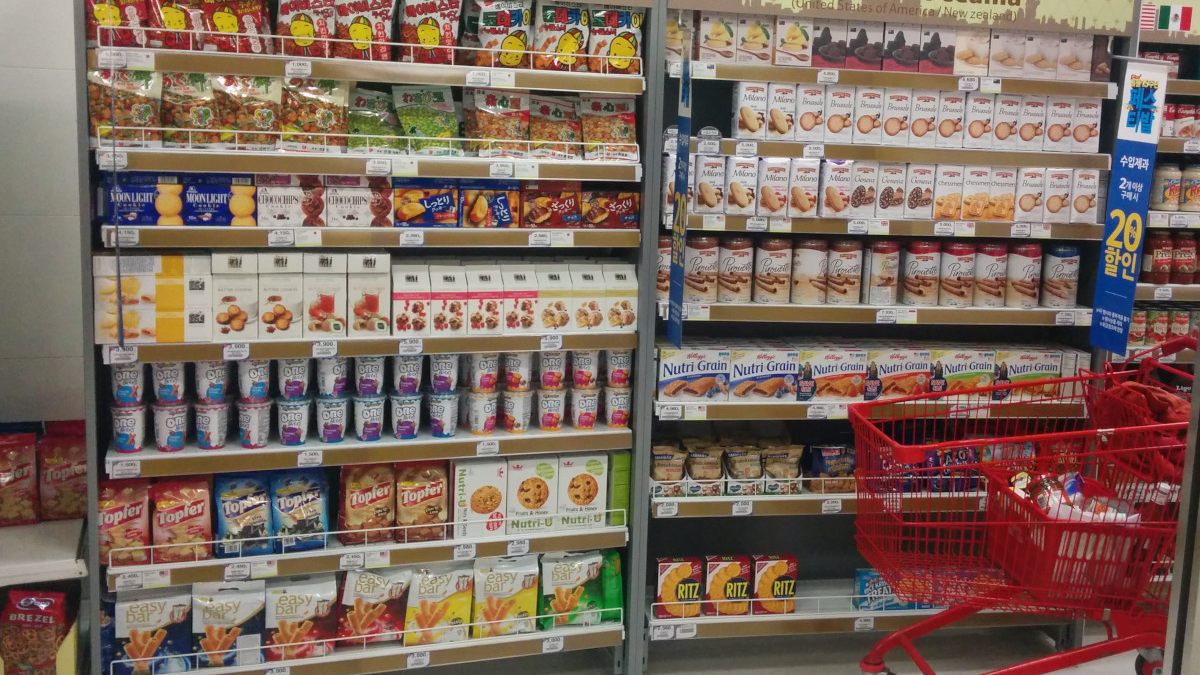This success story comes from providing the following services: Finding Distributors and Business Partners in Korea
One of the largest food companies in Israel, which produces cookies with unique flavors and in traditional production process, wanted to examine the possibility of entering the Korean market and finding distributors for its products in the Korean hypermarket stores.
TARGET – SALES IN THE KOREAN HYPERMARKETS
The client distributes its cookie products mainly in the United States and Israel. In Israel it uses a local brand while in the US the products are branded with a different branding. As part of market research regarding the Korean market, South Korea was chosen as another major destination for export after the US.
CHALLENGE – SATURATED MARKET AND IMPORT BARRIES
The South Korean food market is highly developed both in terms of distribution and sales channels and has a wide variety of international and western brands. Different distributors work with different sales channels and there is difficulty in introducing a new brand without providing added value to the distributor, the sales channel or the customers. In addition, food products from Israel suffer from a higher tariff than that imposed on similar products from Europe and the US and therefore less competitive in price. Another barrier to imports is the packing regulation, which requires the Israeli manufacturer to make many changes to comply with Korean law.
WORK PROCEDURE - PRELIMINARY MARKET RESEARCH AND DISTRIBUTORS IDENTIFICATION
When the market is saturated with similar products, there is a difficulty in finding suitable distributors who will agree to distribute a new product. Therefore, KOISRA’s team has prepared a work plan built on three phases.
In the first phase and in order to understand the market situation, KOISRA’s team conducted internal market research and even visited various supermarkets in order to learn about the types of products, the differences between them, price range, type and size of packaging, best selling products and countries of origin for imported products. At the end of the market research, an analysis was made and recommendations for further work were drafted.
In the second phase, after completing the market research, a meeting was held with the client in order to define the most appropriate distributor profile, in accordance with the findings of the market research. In addition, and in order to overcome the difficulties in penetrating a saturated market, products with new flavors that do not exist in the market yet were selected and marketing materials were prepared in the Korean language.
In the third phase, KOISRA’s team prepared a list of potential distributors, following the desired profile defined with the client in the previous stage. The list of distributors was sent to the client for examination and review and initial contact was made with the approved distributors. KOISRA’s team met with some of the distributors who expressed interest and provided samples of cookies for tasting.
RESULT - LOCAL DISTRIBUTOR WAS IDENTIFIED AND SALES BEGAN IN THE LOCAL MARKET
After several months of meetings, email exchanges, preliminary discussions and tastings, meetings were scheduled with the most relevant distributors. The client arrived in Korea and KOISRA’s team accompanied the client to such meetings. At the end of the meetings and after examining the various distributors, the client decided to choose the distributor who has the largest market penetration to the hypermarket chains. The first order was placed about a month after the signing of the distribution agreement. KOISRA’s team supported the client even after the signing of the distribution agreement and during the follow up communication and orders in order to ensure building trust and good working relationship with the new distributor. The Israeli company's cookies began to be sold in the major hypermarket chains in Korea, such as E-Mart, Home Plus, Lotte Supermarket, as well as in the food department of leading Department Stores in Seoul.




